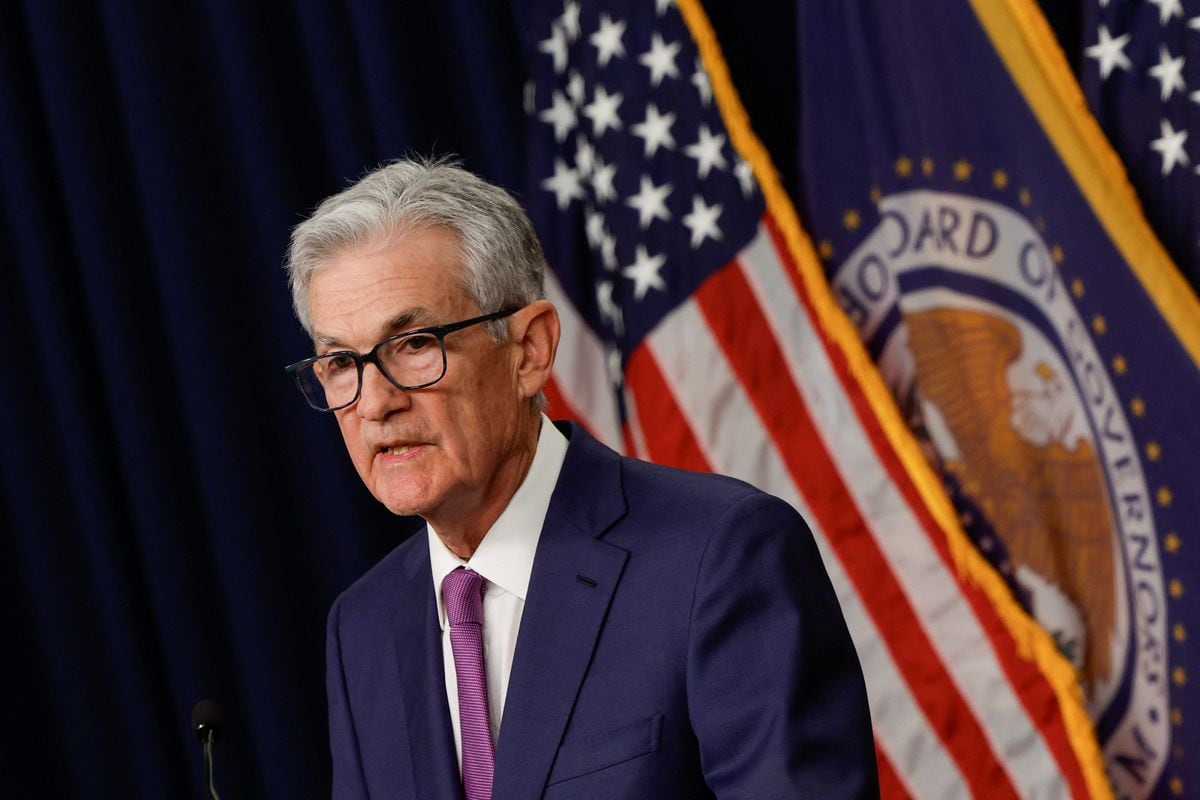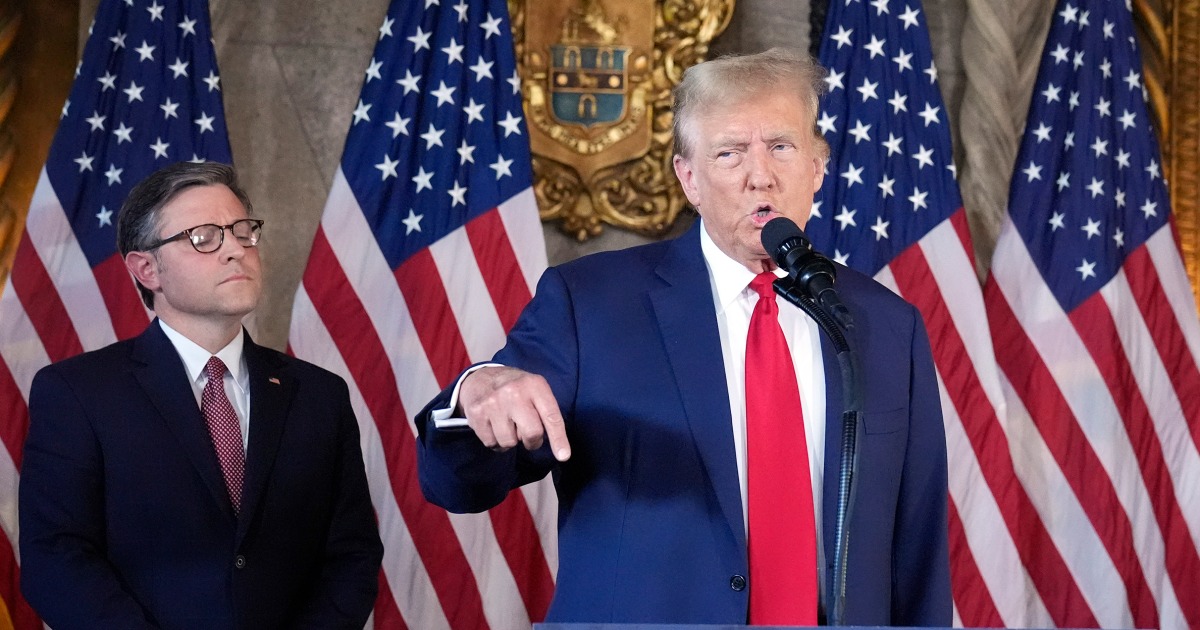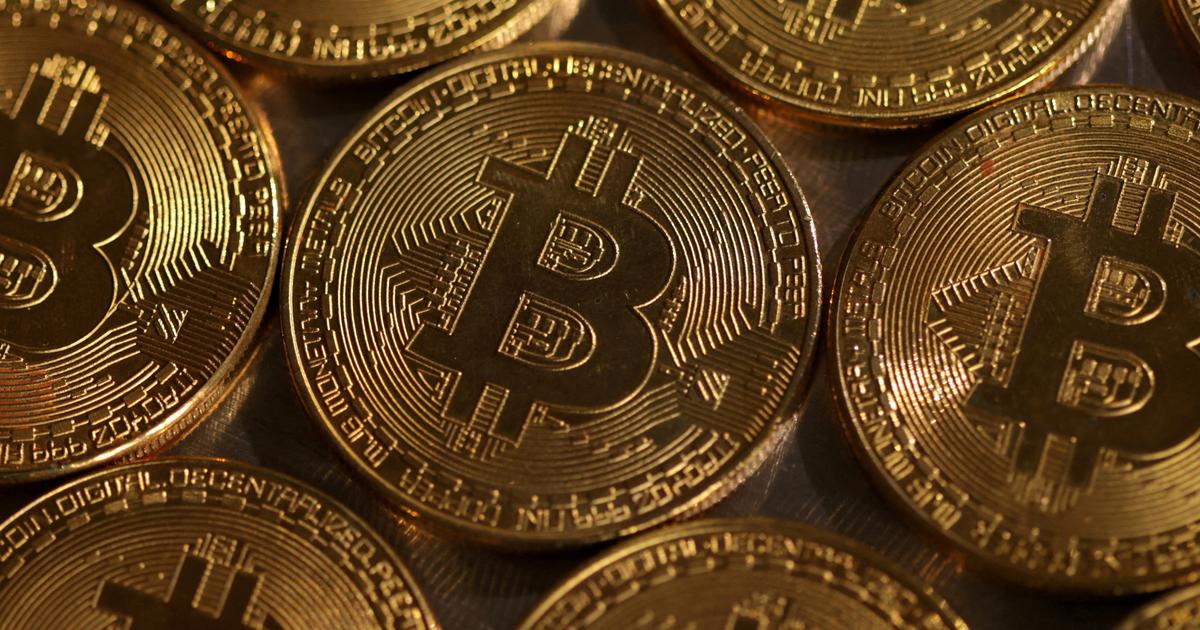Several voters participate from the Brooklynd Museum (New York) in the electoral process in advance.SPENCER PLATT / AFP
From coast to coast, the images of long lines of citizens waiting to vote early in the presidential elections are repeated across the country, from Texas to Florida, passing through New York, Georgia or California.
Five days before the elections, more than 80 million citizens have already cast their ballots, a figure that represents more than half of all votes cast four years ago.
The phenomenon anticipates high turnout, and a possible delay in the count fuels the possibility that Americans will go to sleep on November 3 without knowing who has won.
Uncertainty is explosive material in a country so tense and with a president that whips up, without any basis, the specter of fraud.
Less than a week before the elections are held, businesses near the White House in Washington are reinforcing the sheet metal with which they bricked up their windows this summer, in the heat of riots and protests against racism.
Calling an election date historic has some common place, but this time, in the United States, the only thing that Democrats and Republicans agree on is precisely that, that next Tuesday the country faces the most important elections in decades.
The leading world power is going through three simultaneous crises: economic, health and social, in the midst of the largest wave of mobilizations in half a century.
The population has taken good note of the importance of the moment and is turning to the polls reaching record levels.
More than 48 million people have already voted by mail and nearly 25 million more have voted in person, according to the US Elections Project database.
In total, there are 240 million Americans who can participate in the elections.
For some, doing it in advance is a way to avoid crowds on
D-day
and, therefore, reduce the risks of contagion in the middle of the coronavirus pandemic;
for others, an agenda solution, since in the United States elections are held on a weekday — the first Tuesday in November — and companies are not required to give workers permission to elect their president.
Counting votes by mail requires more time than in person, among other reasons, because some States require verification of the signature and others accept ballots received up to several days after November 3, as long as the postmark is within the deadline.
Normally, this volume of votes is not usually so important as to make a difference and, although the final result is known later, at dawn of the day after the vote it is already known who will be the person who will govern the United States for the next four years.
However, if this vote turns out to be massive and, therefore, influences the result, it could take days until the final winner of the elections is known.
The case is reminiscent of the 2000 elections, when the dispute over the result of the Florida vote and the denunciation of irregularities by the Democratic candidate, Al Gore, led to a judicial battle lasting more than a month.
It was not until mid-December when the Supreme Court ruled in favor of Republican George W. Bush, considering the manual counts promoted by Gore unconstitutional, and the Democrat resigned with sportsmanship.
But the uncertainty arouses a very different fear in a country on fire like the United States is today, with a string of groups ultra subscribed to conspiracy theories and armed campaigning throughout the country.
President Trump himself has been in charge of sowing doubts about the electoral process by denouncing, without basis, a possible fraud.
Last September, when a journalist asked him at a press conference at the White House if he would commit to a peaceful transition if he lost the elections, he threw balls out and raised doubts about the rigor of the US electoral process.
"We'll see what happens, you know I've complained a lot about the mail-in ballots, it's a complete disaster," he said.
"The ballots are out of control and the Democrats know it better than anyone," he added.
So far, among these more than 73 million early voters, the Democrats seem to prevail by majority.
The US Elections Project, which disaggregates the registered voters of each party as well as the independents, identifies in 19 of the 50 states 47.7% of Democratic voters compared to 29% of Republicans.
This data, however, cannot be taken as a projection, since it only means that, among those who have chosen to vote before, there are those affiliated with Joe Biden's party.
Trump already questioned the legitimacy of the electoral process in 2016 and threatened not to accept the result if he lost.
Now you have the polls, again, against you, but also a window of uncertainty that you can exploit to your advantage.
Authorities in Michigan and Pennsylvania, which are two of those key swing states in Trump's victory and also crucial this year, have already warned that it can take up to three days for them to count all the votes.
In Texas, for example, early voting already accounts for 90% of the entire global vote in 2016. In Florida, the scene of another of the great battles of this election, it accounts for 72%.
Subscribe here to the
newsletter
about the elections in the United States















